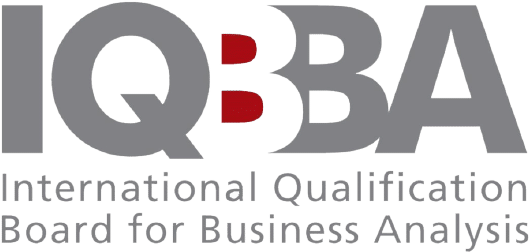Table of Contents
Business analysis workshops serve as a critical platform for gathering insights, aligning expectations, and fostering collaboration among stakeholders. However, the success of these workshops heavily relies on proper planning and execution. In this article, we will explore the significance of hosting facilitations in the context of business analysis and highlight key techniques that ensure a productive and engaging workshop.
Clearly Define the Purpose and Objectives
A well-prepared workshop begins with a clear understanding and definition of its purpose and desired outcomes. As the facilitator, it is essential to communicate these objectives to all attendees in advance. By establishing a shared understanding of what will be achieved, participants can come prepared and actively contribute to the discussion.
Create and Distribute an Agenda in Advance
An agenda serves as a roadmap for the workshop, providing structure and clarity to the proceedings. By creating a detailed agenda and sharing it with attendees ahead of time, participants have the opportunity to review the topics to be covered and gather any necessary materials. This proactive approach ensures that everyone is on the same page and allows for a more focused and productive discussion.
Gather Relevant Documentation
To facilitate effective discussions, gathering relevant documentation that will aid in the analysis process is crucial. This may include existing business processes, user manuals, and requirements documents. By having these materials readily available, the facilitator can guide the conversation with a comprehensive understanding of the subject matter. Additionally, developing a straw man or design as a starting point can be helpful in stimulating productive discussions.
Utilize Visual Aids
Visual aids are powerful tools that enhance communication and engagement during workshops. Incorporate slides, diagrams, charts, online polls, and videos to convey information in a more engaging and memorable manner. Visuals not only support your points but also keep participants visually stimulated and foster collaboration among attendees.
Invite the Right People
An effective workshop requires the presence of key stakeholders and decision-makers. Before sending out invitations, carefully consider who should attend and ensure that their involvement adds value to the discussion. Engage with some participants beforehand to gather insights or seek their opinions. By keeping the workshop focused with a minimum number of key individuals, you can maintain a productive and engaged atmosphere.
Respect Time and Start and End on Schedule
One of the hallmarks of a successful workshop is respecting the time of the attendees. As the facilitator, it is essential to start and end the meeting on time. This demonstrates professionalism and builds trust with stakeholders. By adhering to the schedule, participants feel valued and can confidently plan their commitments around the workshop.
Encourage Participation
To ensure a comprehensive and productive discussion, encourage all attendees to actively participate. Create an inclusive environment where everyone feels comfortable sharing their thoughts and perspectives. If you notice someone being quiet, gently call on them by name to invite their input without putting them on the spot. By fostering participation, you can tap into diverse insights and drive the workshop towards meaningful outcomes.
Keep the Meeting Focused
To prevent the workshop from veering off track, maintain a laser focus on the purpose and objectives. If discussions start to digress, gently redirect the conversation back to the main topic without sounding disrespectful. A simple reminder of the time and the potential need for another session can help refocus the participants on the critical issues at hand.
Follow Up after the Meeting
The conclusion of the workshop should not mark the end of the engagement. A crucial step is to follow up with attendees by sending a comprehensive email summarizing the discussion. In this email, express gratitude for their participation, reiterate key points, and outline action items with assigned owners and due dates. By promptly addressing follow-up tasks, you ensure that the workshop’s outcomes are properly captured and progress continues.
In conclusion, hosting facilitations in the context of business analysis requires careful planning and execution. By clearly defining the purpose and objectives, creating an agenda, gathering relevant documentation, utilizing visual aids, inviting the right participants, respecting time, encouraging participation, maintaining focus, and following up diligently, you can ensure productive and engaging workshops that yield valuable insights and drive successful business analysis endeavors.

